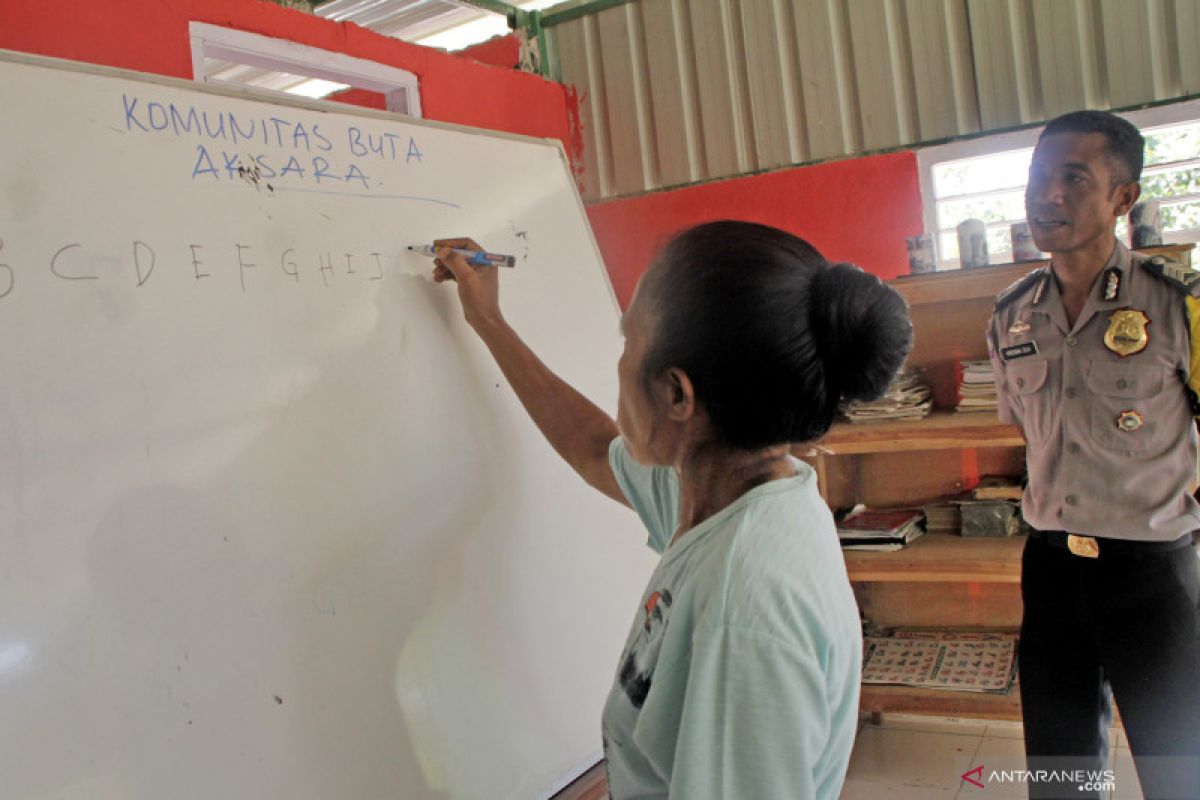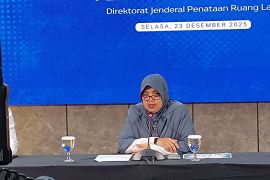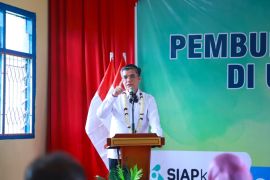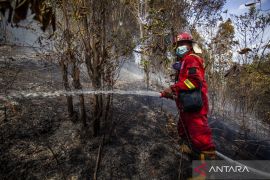The number of illiterate citizens, was recorded at 3,081,136, or 1.78 percent of the population aged 15 and above, in 2019. The number fell to 2,961,060, or 1.71 percent of the population aged 15 and above, in 2020, he informed in Jakarta on Monday.
The government is trying to expedite the eradication of illiteracy and is aiming to raise the literacy rate in the 15-59 age group above 98 percent, Jumeri said.
Efforts to eradicate illiteracy include updating illiteracy data, improving the quality of education and literacy learning services by focusing on areas with a high percentage of illiterate population, as well as developing networks and synergizing cross-sectoral partnerships, he added.
The government has carried out efforts to eradicate illiteracy using a block or cluster system, which has involved concentrating the program in districts with a high percentage of illiterate people in five provinces -- Papua (22.03 percent), West Nusa Tenggara (7.52 percent), West Sulawesi (4.46 percent), East Nusa Tenggara (4.24 percent), and South Sulawesi (4.11 percent), he informed.
Related news: Indonesia registers drop in adult illiteracy rate
According to Jumeri, the system is considered adequate to reduce the percentage of the illiterate population.
Literacy programs are carried out by considering regional conditions and local culture in specific areas, he said. For example, basic literacy programs are applied to remote or particular indigenous communities, he explained.
In an effort to develop networks and synergies of cross-sectoral partnerships to solve illiteracy and maintain citizens' literacy skills, the central government is working jointly with local governments and universities, he said.
The cooperation between the central and local governments is being carried out through a budget-sharing mechanism, and partnerships with universities are being carried out through thematic community compulsory work (KKN), he added.
Related news: Indonesia's illiteracy rate falls to 1.78% in 2019
Translator: Indriani, Raka Adji
Editor: Rahmad Nasution
Copyright © ANTARA 2021












